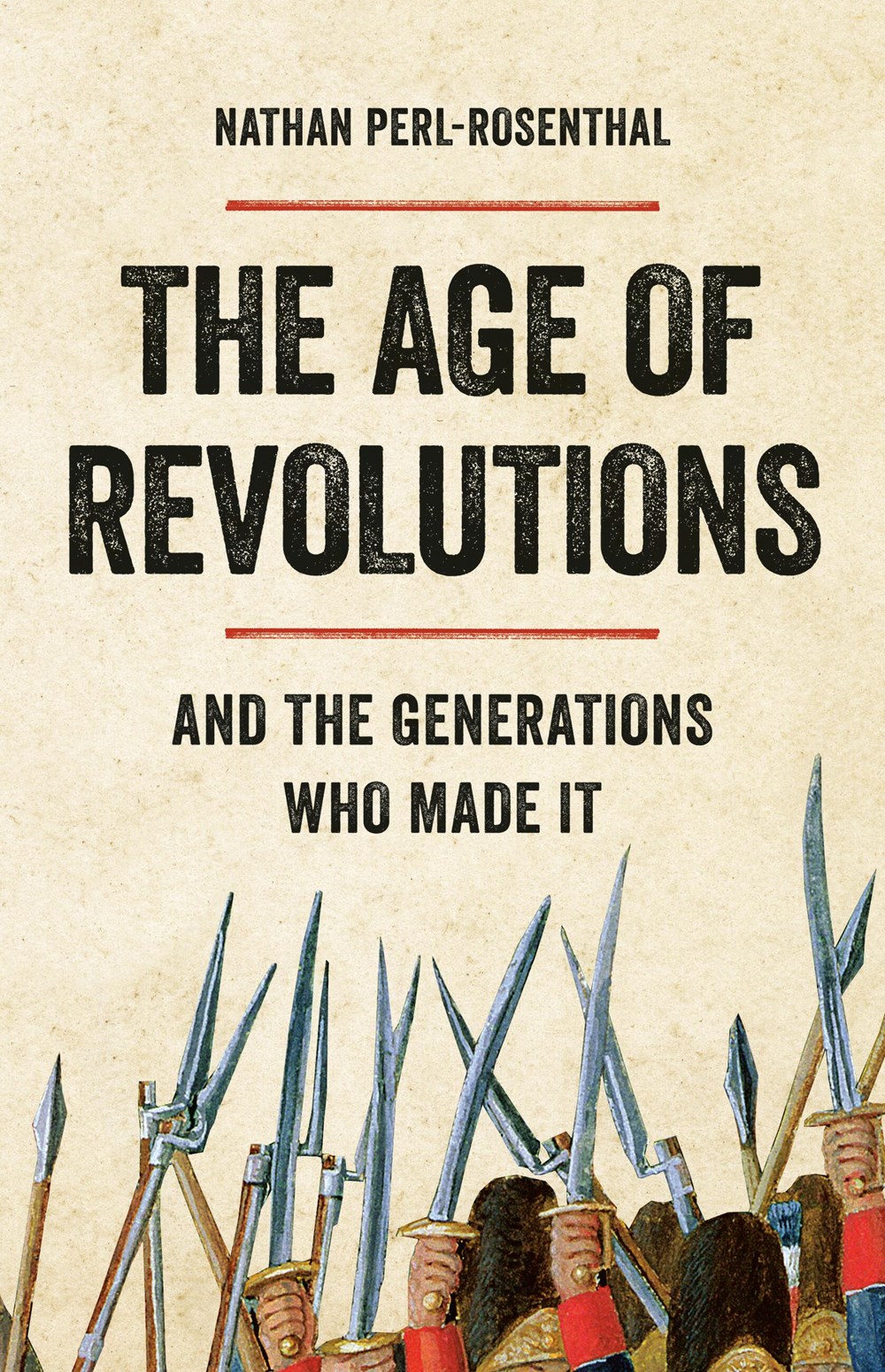2018 School Spending Survey Report
The Age of Revolutions: And the Generations Who Made It
COPY ISBN
VERDICT A well-researched, well-written, and thoughtful presentation that asserts that revolutionaries were challenged by creating and sustaining mass political movements. Give to readers curious about world history and current affairs.
RELATED
ALREADY A SUBSCRIBER? LOG IN
We are currently offering this content for free. Sign up now to activate your personal profile, where you can save articles for future viewing




Comment Policy: